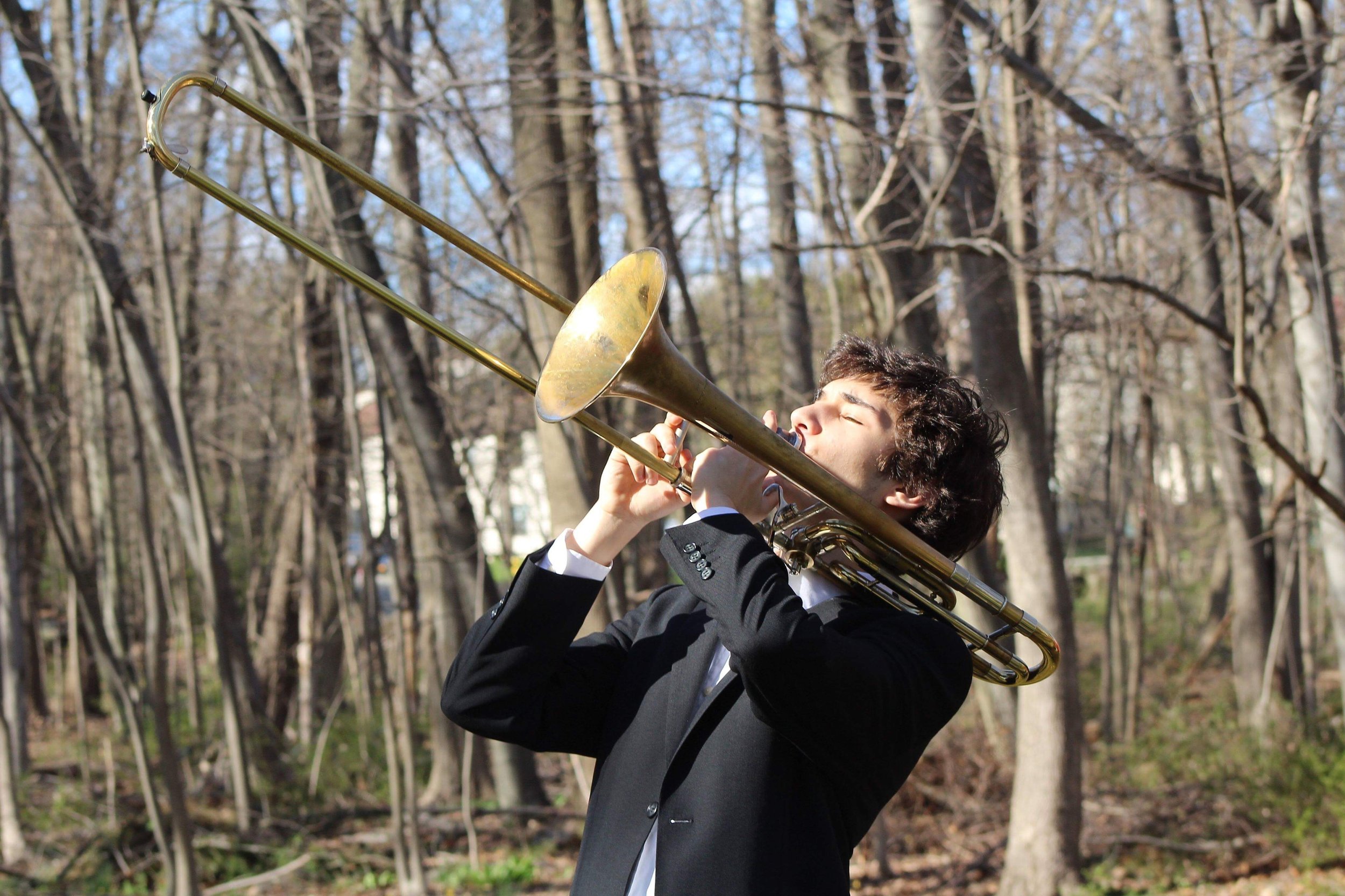Which instrument(s) do you teach? How long have you been teaching?
I teach saxophone, flute, clarinet and piano. I've been teaching saxophone for 25 years and piano, flute and clarinet for about 20.
You have degrees in both Classical Music and Jazz, how are they related/ helped each other when you perform and teach?
I got my Bachelor's degree in jazz, as it is my main musical interest, and my Master's degree in classical saxophone. Studying classical music helped me learn more about the saxophone (technique, sound production, intonation, posture etc.) and opened me up to a musical world I was not entirely familiar with before hand. My classical saxophone teacher was an incredible musician and aside from helping me out technically, he was able to infuse in me the importance of musicality, expression, phrasing and color and everything I play. I still draw inspiration in my jazz improvisation and composition from the classical pieces I've learned and performed during my Graduate studies, and am able to share all of that with my students.
Speaking about Jazz Improvisation, when did you start improvising and playing jazz? What do you suggest for the students who want to learn about improvisation?
I started studying jazz improvisation when I was 13, but really got into it around 17. When students ask me about jazz improvisation, I always ask "so who have you been listening to lately?" - as in what jazz artists inspired you to want to learn improvisation. Listening (and loving) jazz, from its earliest forms to its contemporary manifestations, is the first and most important requirement to really get into improvisation and jazz playing in general. Then, the students must learn all scales and arpeggios on the entire range of the instruments. The students also should immerse themselves in the theoretical part of it (chords progressions, chord scales, substitutions etc.). Learning as many jazz standards as possible and transcribing all the solos one can handle is what can help the students gain jazz vocabulary and put all of the above into practice.
You performed in NY and Boston a lot (intensively) as a live Jazz musician. Do you feel there are any differences between musicians/ teachers/ students between the East Coast and West Coast?
Not really. I believe that NYC has some of the best musicians on the planet, but from my experience here so far, the West Coast has a lot to offer as well. The same with the level of teachers and students in both Coasts.
What is one of your favorite scales or modes to play? And why?
I love them all! But, lately I've been trying to come up with some hybrid scales.
Legato has offered online lessons for a while now, how is that going? What benefits are there to online learning that in-person learning cannot offer? What are some benefits of in-person learning which are becoming an option this month?
Online lessons have been going pretty well for me. However, I really don't see any significant benefits to online lessons other than the safety of my students and myself and not having to drive to work. I personally prefer to be with the students in the same room. The sound quality on the platforms we've been using is questionable, which often makes it difficult to really know what the students sound like. Also, it makes it a bit hard to inspect the students' posture, sitting position, finger placement and other technical elements, and follow the music that their playing at the same time. Being in the room with the students makes all of that much easier.
How often do you recommend your students practice each week?
Every day, for at least the time length of the lesson in every practice session.
In what ways do you see music positively impact other parts of students' lives?
Playing music is one of the best forms of communication. Students can find a very efficient form to express themselves with and communicate with their peers. I also believe that music heightens our curiosity. We all have been in that situation where we fell in love with a piece of music and really wanted to learn it. The feeling of achievement after the hard work we've put into learning that piece is immensely gratifying.
What is one thing you wish you told yourself as a younger musician?
Sit down and practice, especially on the things you're not familiar with or good at! Keep taking lessons with anyone better than you.
Who do you look up to as inspiration as an educator or otherwise?
Amikam Kimelman, who was my saxophone teacher from my high school days in Israel; Hal Crook, who was the jazz improvisation teacher that completely changed my thinking in Berklee; and Ken Radnofsky, who was my classical saxophone teacher at The Boston Conservatory.
What is an interesting part of saxophones or clarinets that most people don’t think about?
I have 2 kittens. Recently, I realized that the bell of a saxophone is a perfect-sized hiding place for a kitten.
Are there any musical projects you are currently working on you'd like to share more about?
My jazz quartet is in the process of mixing/mastering our first album. Release is currently TBA. so stay tuned!








